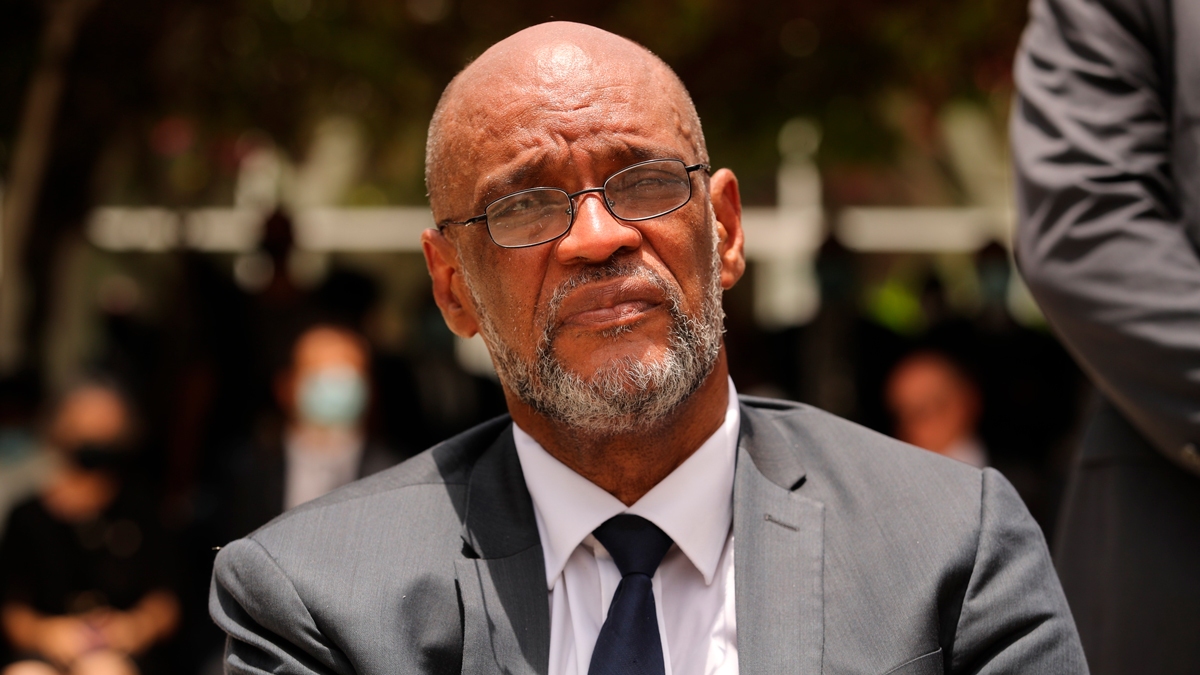Peru’s government will allow the extradition to the United States of the prime suspect in the unsolved 2005 disappearance of American student Natalee Holloway on the Dutch Caribbean Island of Aruba, bringing her family hope there will be justice in the case.
Dutch citizen Joran van der Sloot will be sent to the U.S., Peru announced Wednesday, to face trial on extortion and wire fraud charges, stemming from an accusation that he tried to extort the Holloway family after their daughter's disappearance.
Holloway, who lived in suburban Birmingham, Alabama, was 18 when she was last seen during a trip with classmates to Aruba. Her mysterious disappearance after a night with friends at a nightclub sparked years of news coverage, particularly in the tabloid and true-crime media. She was last seen leaving a bar with van der Sloot, then 18 years old.
Van der Sloot was identified as a suspect and detained, along with two Surinamese brothers, weeks later. Holloway’s body was never found, and no charges were filed against Van der Sloot in the case. A judge later declared Holloway dead.
Get Connecticut local news, weather forecasts and entertainment stories to your inbox. Sign up for NBC Connecticut newsletters.
Prosecutors in the U.S. allege Van der Sloot accepted $25,000 in cash from Holloway’s family in exchange for a promise to lead them to her body in early 2010, just before he went to Peru. Holloway was from Mountain Brook, Alabama.
Van der Sloot is serving 28 years in prison in Peru for being convicted of murdering 21-year-old Peruvian student Stephany Flores after meeting her in a Lima casino in 2010.
The slaying occurred five years to the day after Holloway disappeared during a high school graduation trip to Aruba, where Van der Sloot lived. She was last seen leaving a bar with him.
U.S. & World
“At a time when there is increasingly greater cross-border transit of people, our institutions are keeping up to ensure that criminals are brought to justice,” Edgar Alfredo Rebaza, director of Peru’s Office of International Judicial Cooperation and Extraditions of the National Prosecutor’s Office, said in a statement. “We will continue to collaborate on legal issues with allies such as the United States, and many others with which we have extradition treaties.”
A 2001 treaty between Peru and the U.S. allows a suspected to be temporarily extradited to face trial in the other country. It requires that the prisoner “be returned" after judicial proceedings are concluded "against that person, in accordance with conditions to be determined by” both countries.
Fox News reported that the young woman’s mother, Beth Holloway, said in a statement that her daughter would have had her 36th birthday on Wednesday.
“It has been a very long and painful journey, but the persistence of many is going to pay off,” she said. “Together, we are finally getting justice for Natalee.”
Attorney Maximo Altez, who represents Van der Sloot, told the AP he will fight the decision once he is properly notified by the Peruvian government.
“I am going to challenge that resolution,” Altez said. “I am going to oppose it since he has the right to a defense.”
Van der Sloot pleaded guilty in January 2012 to a murder charge in the slaying of Flores.
Prosecutors accused him of killing Flores, a business student from a prominent family, to rob her after learning she had won money at the casino where the two met. They said he killed her with “ferocity” and “cruelty,” beating then strangling her in his hotel room.
Van der Sloot married a Peruvian woman in July 2014 in a ceremony at a maximum-security prison.



